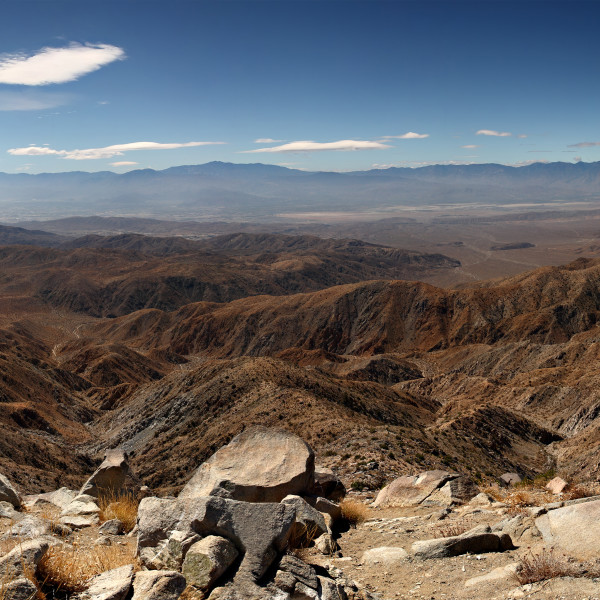Medium vs Message

For me, there is a deep philosophical conflict that runs underneath everything I do and think. It makes me constantly question and measure and analyze — holding everything I’m doing up to inspection, trying to figure out how it matches to the two different impulses that battle for my soul.
The first impulse, maybe my deepest impulse, is to be a purist and an idealist. That means being a revolutionary, being willing to forsake my friends and my family and my society, and run headlong into the future. This is the side of me that is drawn towards the Anabaptists, the pioneers of non-violent resistance, the anarchists and the rock musicians, the vegetarians and the libertarians and the poets of whom the world was not worthy. This is the side that leans towards gnosticism, that wishes to escape the body, that sees itself as living in the Matrix, battling for freedom against the illusions that control.
The second impulse is to embrace the world. This means seeing the intense wisdom in the things that are, understanding them as manifestations of a deep order, embracing a sort of conservatism and orthodoxy that values the traditions and rituals of society, the customs and values layered on over time, the real value of family and friendships and childhood and marriage and organic, earthy, rhythmic life. This is the impulse to build on what is here; it is the impulse to invest in business, to be involved in local politics, to compromise my ideals, to buy organic and grass-fed and fair-trade, to own bluegrass music and the newest iPhone. This is the side of me that is drawn towards Judaism and Eastern Orthodoxy, that wishes to embrace the body, to extend life into the hundreds of years, to dabble in power, pursue influence, and own land.
The second impulse comes to me by way of a wonderful childhood. A large, energetic and creative family, adventures all across the country, an ancestry full of people who liked to invent things and dreamed of making rockets. It also comes to me by way of books: the very act of reading draws me into the physical world and the way things are.
And yet, the things that drive the second impulse also drive the first. My big family has mostly held to a religious tradition that I regard as entirely radical and revolutionary. I was taught to think for myself — my informal religious education was on the need to abandon the customs of society, culture, and family, and to strike out on my own. Books too, whose very heft seemed to draw me towards materiality, usually held stories of the call to leave behind the known in favor of the unknown. As a child, I felt the pressure of these award-winning children’s books — a pressure that told me I must abandon family to seek out new family, that my childhood world was an illusion that must be overthrown.
It was as if the medium was telling me one thing, and the message was telling me another. The medium of family told me to hold on to family and heritage and tradition — but the message of my family told me to think for myself, to strike out on my own, to discard inherited ties and bonds. The medium of books told me to hold on to culture and heritage and education — but the message of books told me to abandon it all in favor of my own radical ideals.
Maybe it’s this tension and churn that keeps the whole thing viable. Maybe it’s the paradox of this whole situation that makes it work. But it’s not a tension that resolves cleanly. It doesn’t wrap up neatly at all. Somehow, somewhere, these two things make sense together, in the light of some bigger and more glorious impulse, and I’m always hunting and searching for what exactly that is.